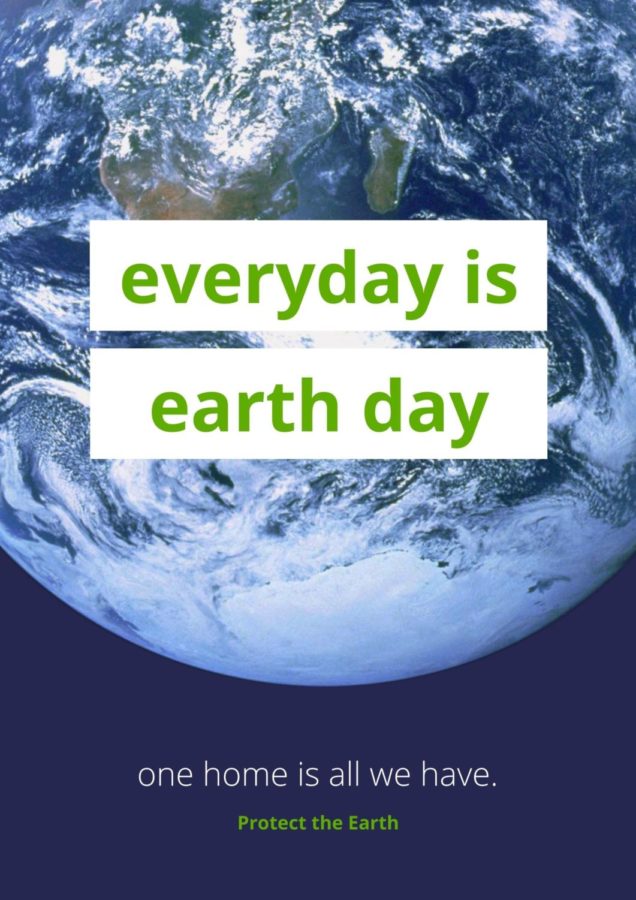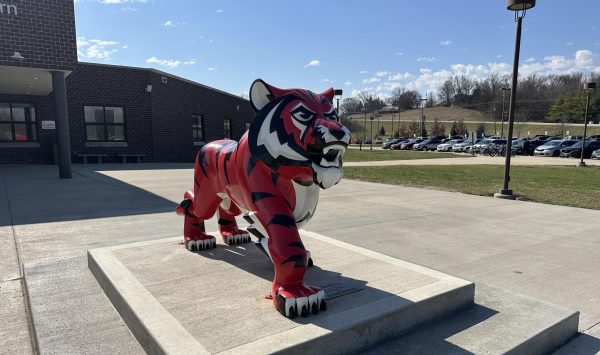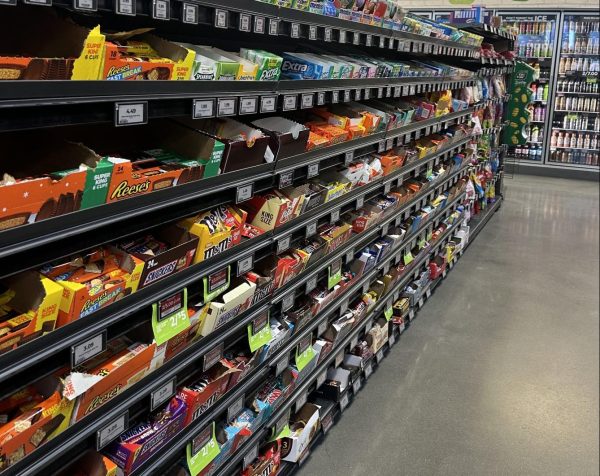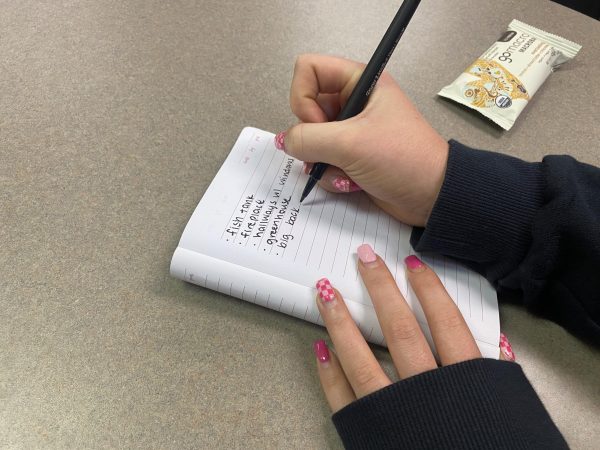Climate Change Is Real
Photo by Canva
Climate change is an issue that is resulting in massive shifts in weather patterns. This is not only an issue in America but all over the world. Climate change is not limited to higher daily temperatures, it also includes shifts in wildlife populations, rising sea levels, flooding, wildfires, and many others. Scientists have already taken note of many changes that are effects of climate change. Some of these changes are…
- Melting of ice worldwide – In areas like West Antarctica and Greenland, and the Arctic mountain glaciers and ice sheet coverings are melting rapidly. The melting of ice glaciers has resulted in an increase in sea levels.
- Rising temperatures – wildlife and habitats are disappearing due to the increased heat. Species like butterflies, foxes, and alpine plants are migrating to the north or places with cooler temperatures.
- Increased Precipitation – rainfall and snowfall have increased across the globe, yet, some regions are experiencing even more severe droughts causing water shortages.
If climate change continues to grow, then in the near future we can expect to see the following changes…
- Rise of 10 to 32 inches in sea levels
- Stronger tropical storms; some regions in the U.S. can even experience “megadroughts”
- Less freshwater due to the melting of glaciers
- Major changes in ecosystems; species like polar bears could go extinct because of the unbearable heat.
As a community, there are many small steps that can be taken to reduce the effects of climate change, “Change only happens when individuals take action,” Aliya Haq. Below are some ways each individual can make a difference:
- Voice Your Opinion
-
-
- Talk to your teachers, parents, and other adults to discuss the steps that your local governments are making for climate change. You can even voice your concerns directly to the representatives through social media or by attending their rallies.
-
- Reduce Water Waste
-
-
- There are many ways to reduce water waste just at your home. Firstly, start by taking shorter showers and try to avoid daily baths, this is the easiest way to save water. On average, most baths use up to 50 gallons of water, whereas showers use 25 gallons. Another way to save water is by reducing the amount of water you waste while using the sink, whether it be for brushing your teeth or for any other reason. Have you ever thought about the amount of water we waste on a daily basis just by leaving the sink on while we brush our teeth? There are tons of websites that can show you just how much water is wasted in your house on a daily basis. It is as simple a touch to turn off the faucet. Here is a link that has other ways you can save water.
-
- Drive fuel-efficient vehicles
-
-
- Fuel-efficient vehicles are those that require less gas to travel a given distance. In today’s time, a vehicle qualifies as fuel-efficient when it is listed for less than 1.6 gallons/62 miles or 10.3 miles per 0.26 gallons. Fuel-efficient vehicles help reduce pollution by 50% and by using fuel-efficient vehicles we are becoming less dependent on fossil fuels. If you don’t have a fuel-efficient car look into owning one to make Earth a better place.
-
- Reduce Food Waste
-
-
- Around ⅓ of the food produced in the world goes to waste, which is almost 1.3 billion tons of fruits, vegetables, meat, dairy, and other food products. This could be enough to feed every undernourished person on Earth yet it still goes to waste. When the food is wasted and goes to landfills and rots it produces methane which is even more powerful than carbon dioxide. A simple of implying this strategy is by planning out the amount of food you will need for the week and just buying that much. If you have leftover food be creative and find ways to make it into a new recipe.
-
- Pull the Plugs
-
- When you go to sleep or if you are going out and won’t be returning for a while make sure to take out the plugs of chargers, TVs, microwaves, or other appliances that won’t be used. This way the use of energy will be reduced and potentially reduce the risk of wildfires.
Implementing these strategies are small steps of a big puzzle that can be completed if each one of us does our part. This Earth Day, pledge to plant more trees and follow these strategies to ensure a safer Earth for future generations.












